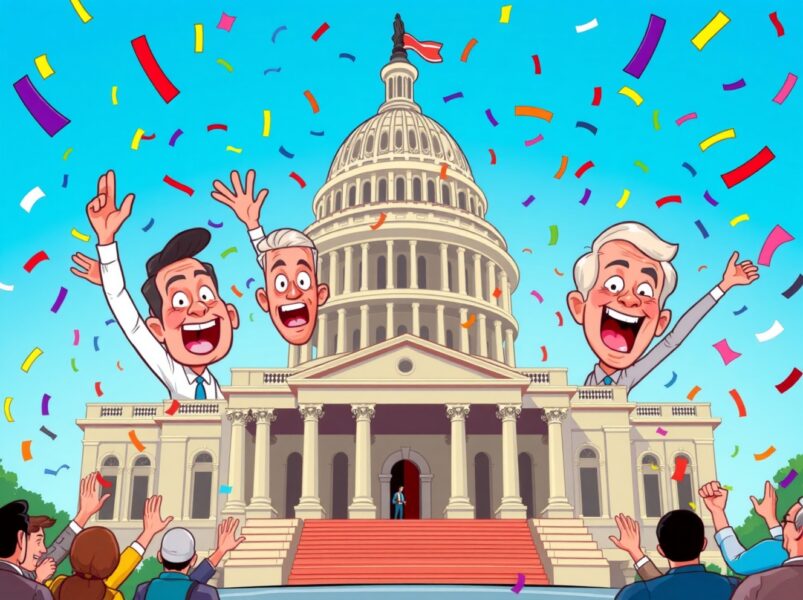The battle over how the U.S. should enforce its first national stablecoin law has intensified after the American Bankers Association (ABA) and 52 state banking groups publicly called on the Treasury Department to maintain the GENIUS Act’s strict ban on stablecoin interest.
- ABA and 52 state groups urge Treasury to keep the stablecoin interest ban.
- Coinbase wants the restriction limited to issuers.
- Banks warn of major deposit outflows if interest is allowed.
- GENIUS Act rules expected by late 2026.
- Coinbase Q3 revenue hit $1.86B, led by stablecoin growth.
In a statement shared on X (formerly Twitter), the ABA said it was joining forces with state banking associations to urge the Treasury to “uphold GENIUS Act’s ban on stablecoin interest,” arguing that loosening the rule could destabilize the financial system. The post quickly gained traction, reflecting growing tension between traditional banks and crypto industry leaders over the future of dollar-backed digital assets.
Coinbase and Banks Take Opposite Sides
Coinbase, meanwhile, has been pressing regulators to interpret the law more narrowly. The exchange insists that only stablecoin issuers should be restricted from paying interest, while platforms, wallet providers, or third-party services should remain free to offer loyalty rewards and other incentives.
The company’s policy chief, Faryar Shirzad, has warned that overreaching regulation could “weaken America’s competitive edge” in digital finance and slow the adoption of stablecoins as a modern payment solution. Coinbase has also asked that blockchain developers and validators be exempt from the compliance rules meant for financial institutions.
Banking Sector Warns of Risks to Deposits
The ABA’s position aligns with the Bank Policy Institute (BPI), which previously argued that allowing any form of stablecoin interest could trigger massive deposit outflows from the banking system—potentially exceeding $6 trillion. They contend that such programs would give crypto firms an unfair advantage by offering yield-bearing digital alternatives to traditional savings accounts.
The GENIUS Act, signed into law in July 2025, was meant to establish trust in stablecoins by requiring full reserve backing, annual audits, and oversight for foreign issuers. However, the law’s enforcement—expected to begin in late 2026 or early 2027—has become a political flashpoint between Washington’s regulatory bodies and the rapidly expanding crypto sector.
Coinbase’s Broader Recommendations
Beyond the interest-rate debate, Coinbase has proposed that payment stablecoins be recognized as “cash equivalents” for tax and accounting purposes, arguing that they already function like digital dollars. The exchange emphasized that a heavy-handed approach could drive innovation offshore, leaving the U.S. trailing behind regions like Europe and Asia in digital payment infrastructure.
Financial Performance Strengthens Coinbase’s Case
Despite the policy friction, Coinbase remains in a strong financial position. The company reported third-quarter 2025 revenue of $1.86 billion, up 25% from the previous quarter, with net income reaching $433 million. Stablecoin-related services alone generated $355 million, highlighting the growing importance of this segment to its business model.
As both traditional banks and crypto firms step up lobbying efforts, the Treasury’s final decision on the GENIUS Act could shape how digital dollars compete—or coexist—with the traditional banking system in the years ahead.
The information provided in this article is for educational purposes only and does not constitute financial, investment, or trading advice. Coindoo.com does not endorse or recommend any specific investment strategy or cryptocurrency. Always conduct your own research and consult with a licensed financial advisor before making any investment decisions.
AuthorRelated stories
Next article
Source: https://coindoo.com/genius-act-dispute-deepens-as-coinbase-clashes-with-52-banks-over-stablecoin-rules/


